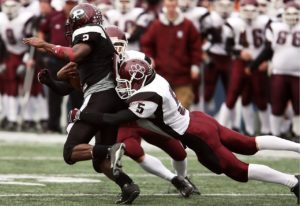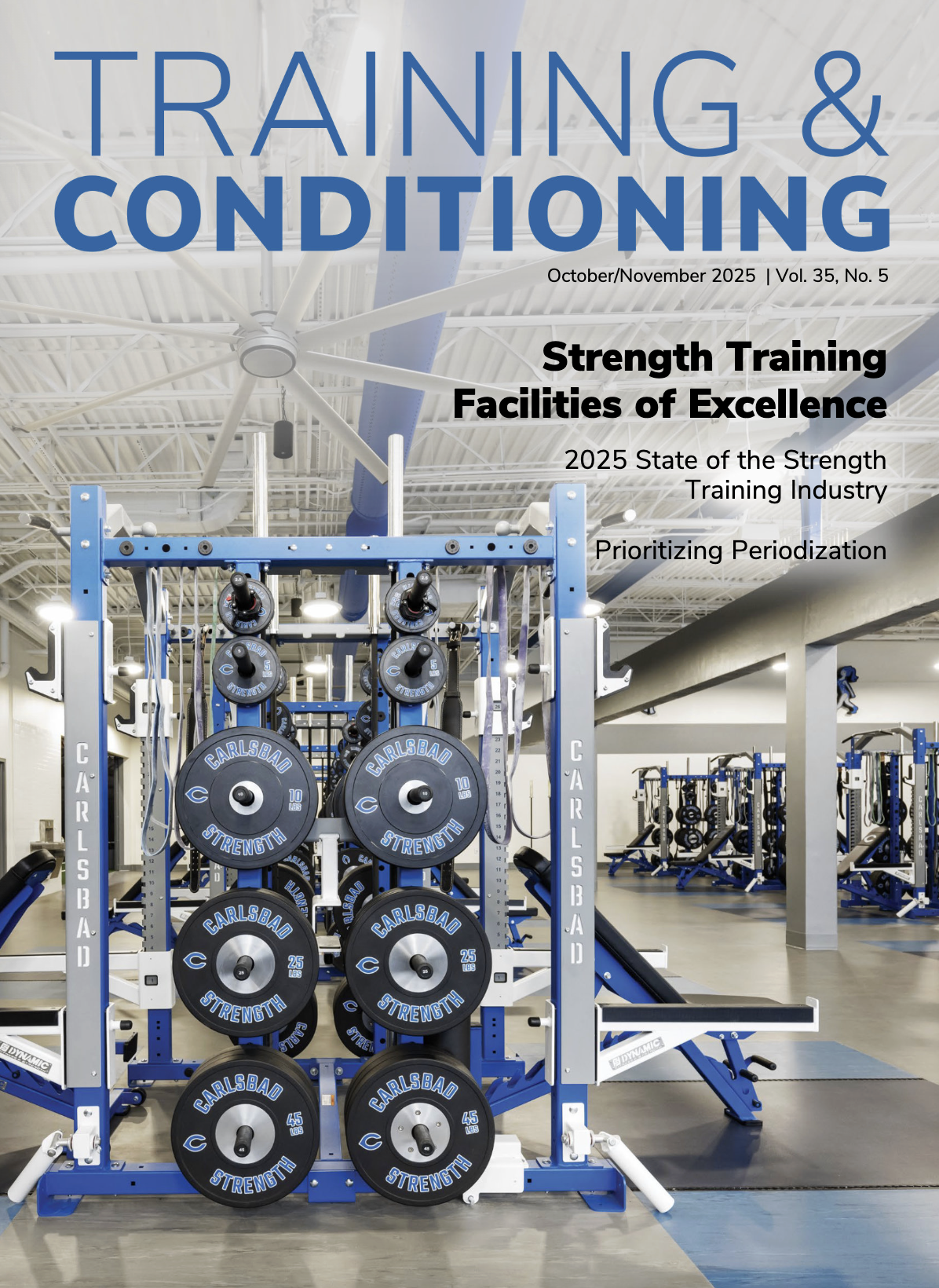Dec 6, 2023Brain scans of former NFL athletes show repair protein present long after TBI
In a new study using brain scans of former NFL athletes, Johns Hopkins Medicine researchers say they have found high levels of a repair protein present long after a traumatic brain injury takes place.
The repair protein, known as 18 kDa translocator protein (TSPO), is typically present in the brain at high levels in the immediate aftermath of brain injury as part of the inflammatory response and to help facilitate repair. The new findings, however, suggest that brain injury and repair processes persist for years after players end collision sports careers, and lead to long-term cognitive problems such as memory loss.
 For the study, published in JAMA Network Open, the researchers examined MRI and PET scans of 27 former NFL players that were taken between April 2018 and February 2023. They compared these brain scans to those acquired from 27 non-collision sport athletes (swimmers) who all participated for at least two years in NCAA Division I, II or III level competition. All athletes were between 24 and 45 years of age, and all were male. All participants in both groups underwent cognitive assessments, including memory tests.
For the study, published in JAMA Network Open, the researchers examined MRI and PET scans of 27 former NFL players that were taken between April 2018 and February 2023. They compared these brain scans to those acquired from 27 non-collision sport athletes (swimmers) who all participated for at least two years in NCAA Division I, II or III level competition. All athletes were between 24 and 45 years of age, and all were male. All participants in both groups underwent cognitive assessments, including memory tests.
According to the study results, levels of TSPO in former NFL athletes were higher on average compared with the swimmers, particularly in areas of the brain associated with memory and attention. Additionally, the former NFL players performed worse in learning and memory tests than the swimmers.
» ALSO SEE: Building an Effective Soccer Strength & Conditioning Program
“These findings are relevant to both collision sport athletes and other populations that suffer from single or reoccurring mild TBIs, including those experienced during military training and repeated head-banging behaviors in children,” said study author Jennifer Coughlin, M.D., associate professor of psychiatry and behavioral sciences at Johns Hopkins University School of Medicine. “Since TSPO is associated with repair, we don’t recommend the use of drugs or other interventions at this time.”
Coughlin and team say they plan to continue to follow the study’s population of former NFL athletes to track TSPO levels over time to see whose brain heals and whose does not. The goal is to inform the development of medications and personalized guidelines for rest periods after repeated brain injuries.


